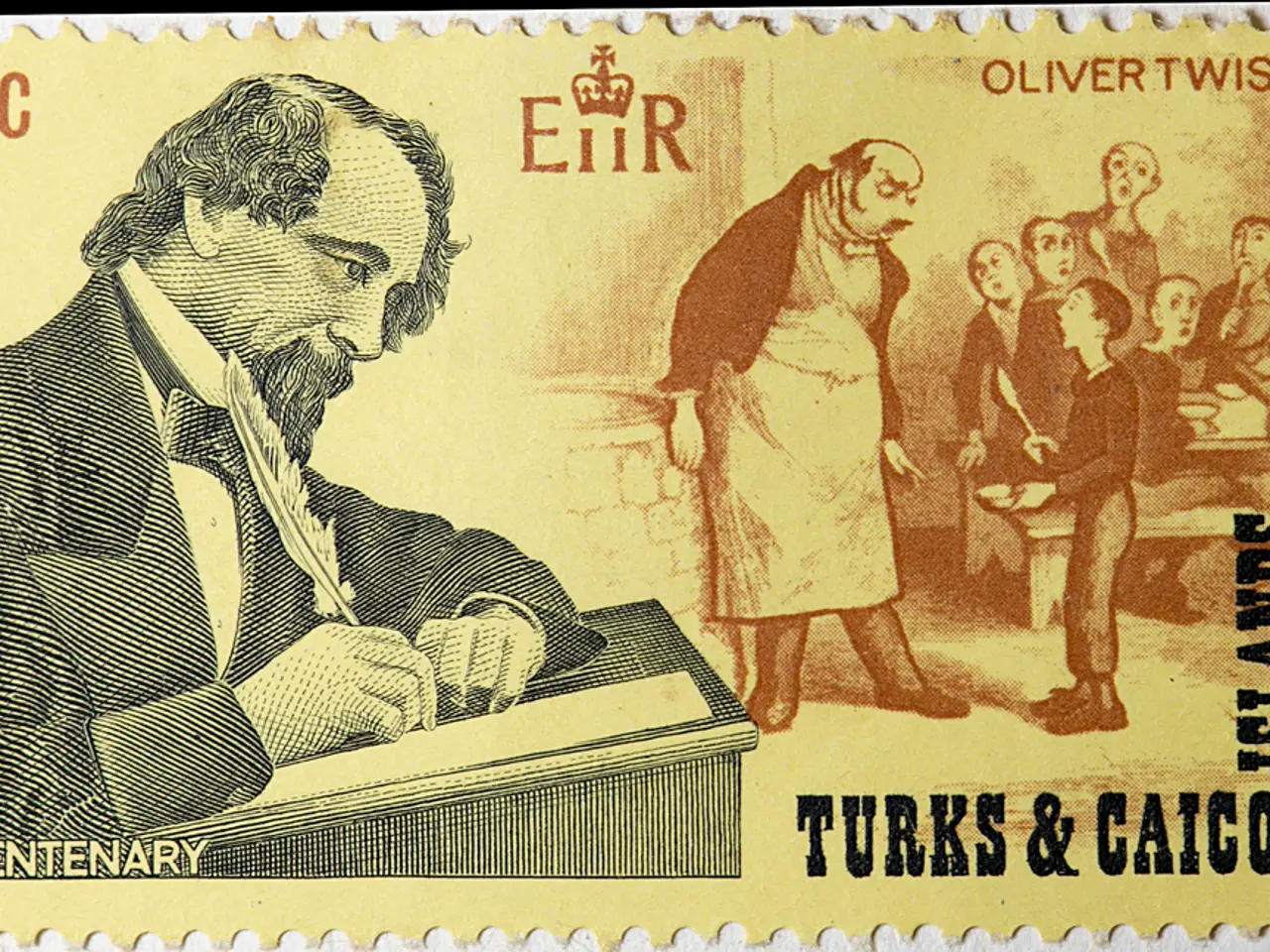Electricity Tax Reduction Stirs Coalition Discord: SPD Deputy Takes On Union Criticism
Energy Regulatory Authority Empowered to Intervene in Energy Sector by Commission's Suggestion
The dream of a universal electricity tax cut is currently a far fetched pipedream. The Union has lashed out at this decision, an action that SPD Deputy Rehlinger finds distasteful. After all, it wasn't a solo dance.
Enrichment Insight: The SPD's counter to the Union's criticism on the electricity tax reduction decision underscores internal coalition disagreements, with the SPD finance ministry advocating for targeted relief measures, while the Union pushes for widespread cuts beyond just industries[1]. This disagreement is a testament to tensions within the governing coalition concerning energy and economic policy[1].
Key Players:
- The SPD-led finance ministry, a coalition member and proponent of selective electricity tax cuts primarily benefiting industries under EU state aid rules.
- The conservative CDU/CSU parliamentary group, representing the Union, with deputy leader Sepp Mueller advocating for inclusive electricity cost reductions across the board.
- Various industrial and business associations, including the DIHK, BDEW, BDI, and ZDH, criticizing the narrow focus of the tax cuts due to concerns about market distortions, competitiveness, and equal treatment[1][2].
- Economy Minister Katherina Reiche, who plans to introduce industrial electricity pricing concepts in line with new EU guidelines[1].
In Sum: The SPD seems to back targeted electricity tax cuts that primarily advantages industrial sectors under EU state aid regulations. In contrast, the Union criticizes this approach for not catering to the needs of consumers and small businesses[1][2]. This dispute mirrors early coalition strife on energy and economic policy[1].
The SPD finance ministry, being a part of the coalition, advocates for targeted relief measures in the form of selective electricity tax cuts, primarily benefiting industries under EU state aid rules, as a means to foster economic growth and business sustainability. Simultaneously, the Union, led by deputy Sepp Mueller, criticizes this approach due to the perceived exclusion of consumers and small businesses from these financial benefits, causing a rift in the coalition's economic and social policy discussions.






